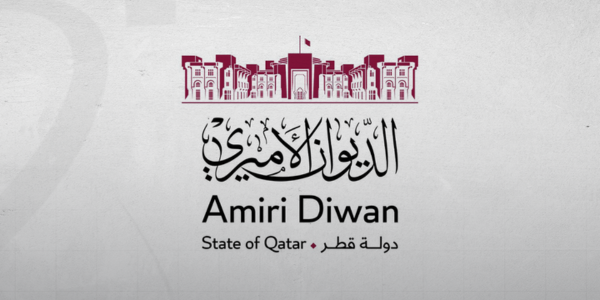The Prime Minister, Minister of Foreign Affairs, HE Sheikh Mohammed bin Abdulrahman bin Jassim Al-Thani, officially inaugurated the Ministry of Social Development and Family's National Strategy for 2025-2030 on Sunday, June 22, 2025. The new framework, introduced under the guiding principle "From Care to Empowerment," signals a significant shift in the nation's approach to social welfare.
The unveiling ceremony saw the attendance of numerous ministers, high-ranking officials, and representatives from both governmental and civil society organizations.
In her address at the event, HE Buthaina bint Ali Al Jabr Al Nuaimi, the Minister of Social Development and Family, described the strategy as a pivotal advancement. She explained that it moves beyond traditional models of social care towards a more holistic, empowering, and sustainable framework designed to meet the real-world needs and challenges of Qatari society. The Minister highlighted that the strategy is the culmination of extensive collaboration between various government bodies, civil society institutions, and research centers.
The 2025-2030 strategy is founded on five core pillars:
Fostering Family Cohesion: The first pillar aims to reinforce the unity of Qatari families. This will be achieved through the development of preventative policies, the implementation of parental education programs, and the launch of mental health initiatives to cultivate stable and resilient family environments.
Empowering Qatari Women: The second pillar is dedicated to enhancing the role and participation of women in all sectors of society, with a particular focus on increasing their representation in leadership and decision-making roles.
Supporting Vulnerable Populations: A central focus of the strategy is to provide comprehensive social protection and services for groups such as individuals with disabilities, the elderly, widows, divorcees, and orphans. The goal is to promote their independence and facilitate their full integration into the community.
Promoting Social Solidarity: The fourth pillar seeks to cultivate a culture of community participation and support. This involves bolstering civil society organizations, encouraging volunteerism, and ensuring the long-term viability of charitable endeavors.
Enhancing Quality of Life: The final pillar concentrates on improving the standard of living for all. Key initiatives include economic empowerment programs, support for productive families, the digitalization of social services, and the strengthening of institutional capabilities and national partnerships.











